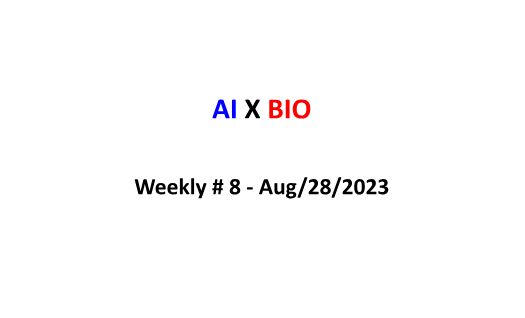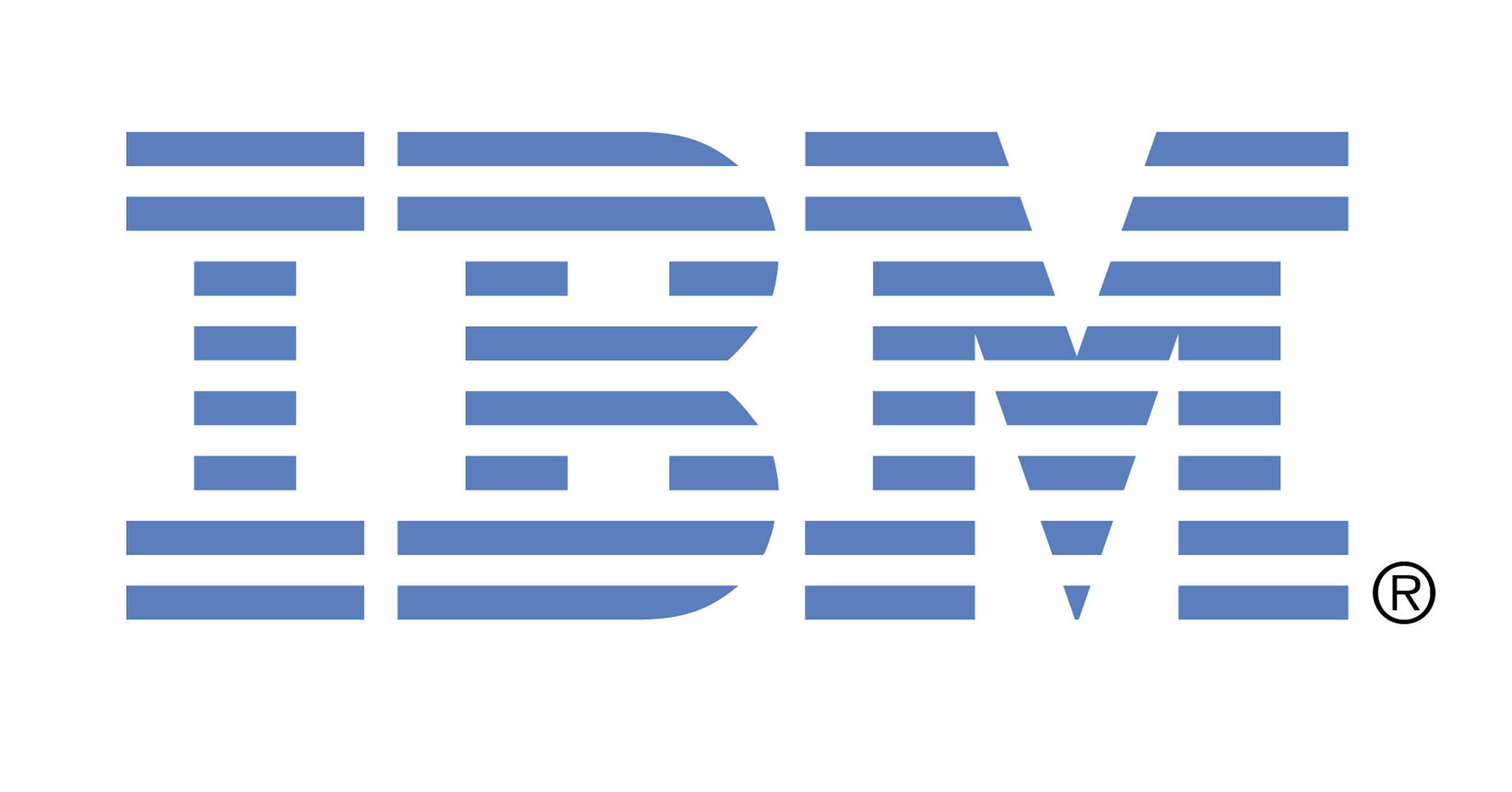- AIXBIO
- Posts
- AIXBIO Weekly #8- Aug /28/23
AIXBIO Weekly #8- Aug /28/23

Featured
Infrastructure
Meta Introduces 'Code Llama': A Pioneering Language Model for Advanced Coding
Meta has introduced "Code Llama," a state-of-the-art large language model (LLM) designed for coding. This model can generate code and natural language about code from both code and natural language prompts. It is built on top of Llama 2 and comes in three variations: the foundational code model, a Python-specialized model, and an instruct model fine-tuned for understanding natural language instructions. Code Llama is free for both research and commercial use. In benchmark testing, Code Llama outperformed other publicly available LLMs on code tasks. The model is designed to assist developers in various tasks, making their workflows more efficient.
#MetaAI #CodeLlama #LanguageModel #CodingInnovation #LLM #AIforCoding
OpenAI Introduces Fine-Tuning for GPT-3.5 Turbo with Enhanced Features
OpenAI has rolled out fine-tuning capabilities for its GPT-3.5 Turbo model. This significant update allows developers to tailor the model to better suit their unique requirements. Preliminary tests have indicated that a fine-tuned version of GPT-3.5 Turbo can either match or even surpass the base GPT-4's capabilities for specific narrow tasks. OpenAI emphasizes that all data transmitted to and from the fine-tuning API remains the property of the customer. This data is not utilized by OpenAI or any other entity for training other models.
Furthermore, fine-tuning amplifies performance while allowing businesses to reduce their prompts, ensuring comparable performance.
#OpenAI #ChatGPT
Partnerships
Microsoft and Epic Amplify AI Collaboration for Healthcare Solutions
Microsoft and Epic are focusing on the potential of generative AI in healthcare. They aim to integrate conversational, ambient, and generative AI technologies across Epic's electronic health record (EHR) ecosystem. The collaboration is designed to provide AI-powered clinical insights and administrative tools to enhance patient care and increase operational efficiency.
#Microsoft #HealthcareAI #GenerativeAI #AIinHealthcare #EHR
Breakthroughs
Revolutionary Brain-Computer Interface Restores Voice to Paralyzed Stroke Survivor
Ann, at the age of 30, suffered a brainstem stroke that left her paralyzed, losing control of all her muscles. For years, she could only communicate by typing slowly using head movements. Researchers at UC San Francisco and UC Berkeley have now developed a groundbreaking brain-computer interface (BCI) that allows Ann to communicate more naturally. This BCI is the first to synthesize either speech or facial expressions from brain signals. Remarkably, the system can decode these signals into text at a rate of nearly 80 words per minute. Edward Chang, MD, chair of neurological surgery at UCSF, has been at the forefront of this technology. The research, published in Nature on Aug. 23, 2023, aims to lead to an FDA-approved system that enables speech from brain signals. Ann's participation in the study has been transformative, not just for the scientific community but also for her personally, giving her a renewed sense of purpose.
Investment
Genesis Therapeutics Secures $200 Million in Oversubscribed Series B Funding
Genesis Therapeutics, active in leveraging artificial intelligence (AI) and biophysics for drug discovery, recently announced the successful closure of its Series B financing round, securing $200 million. Notably, this round was oversubscribed, indicating significant investor interest and confidence in the company's vision and capabilities.
The funds procured from this round are earmarked for the advancement of Genesis Therapeutics' proprietary drug discovery platform. This unique platform integrates the power of deep learning with molecular simulations, aiming to revolutionize the drug discovery process. By doing so, the company hopes to drastically reduce the time and resources typically required in traditional drug development, thereby accelerating the journey from concept to market
#GenesisTherapeutics #AIDrugDiscovery #SeriesBFunding #Biophysics #DeepLearning
Initiatives
MIT's Model of Machine Learning (MoML) Initiative
The Massachusetts Institute of Technology (MIT) has unveiled its latest initiative, the Model of Machine Learning (MoML). This initiative is designed to provide a more profound and comprehensive understanding of machine learning models, emphasizing the need to bridge the existing gap between theoretical knowledge and practical application in the realm of machine learning.
By delving deep into the intricacies of machine learning models, the MoML initiative hopes to foster a community where individuals are not just users of these models but also understand their underlying principles. This understanding is crucial, especially in applications where the stakes are high, and the margin for error is minimal.
Furthermore, the MoML initiative stands as a testament to MIT's commitment to advancing the field of machine learning. By providing a platform that emphasizes the importance of understanding over mere utilization, MIT is paving the way for more informed and effective applications of machine learning in various sectors.
#MIT #MoML #MachineLearning #DeepUnderstanding #AIModels
Appointments
Verily Welcomes Dr. Andrew Trister: “A Pioneer in Health AI Joins as Chief Scientific Officer”
Verily appoints Dr. Andrew Trister, ex-Apple & Gates Foundation, as Chief Scientific Officer. He'll lead population health initiatives & enhance Verily's precision health strategy. CEO Gillett lauds his transformative health tech leadership
#Verily #HealthAI #DigitalHealth #PrecisionHealth #AlphabetHealth
Ethics & Regulation
Beijing Sets Boundaries: Generative AI's Role in Online Healthcare
Beijing is taking a cautious approach towards the integration of generative AI in online healthcare. The Beijing Municipal Health Commission has drafted new regulations that strictly limit the use of AI, especially in medical diagnosis. One of the standout rules is the strict prohibition against using AI to automatically generate medical prescriptions.
The draft further emphasizes that AI software should not replace human doctors in providing diagnosis and treatment services. This move is significant as it marks the first time a local government has explicitly set boundaries on the use of generative AI in healthcare, following the central authorities' announcement of similar restrictions in 2022. Generative AI, which includes algorithms behind services like ChatGPT, can create new content ranging from text to videos.
#GenerativeAI #BeijingHealthcare #AIRegulations #OnlineMedicalDiagnosis #ChatGPT #AIinHealthcare
IBM Study Highlights CEO Priorities: Productivity and Generative AI Adoption
A recent global study by IBM has shed light on the priorities of CEOs worldwide. A significant finding is that nearly half of the CEOs surveyed have identified productivity as their topmost business priority, marking a shift from its sixth-place ranking in 2022. Modernizing technology is seen as the key to achieving these productivity goals, making it the second-highest priority. However, the race to modernize and adopt new technologies like generative AI presents challenges. The study titled "CEO decision-making in the age of AI, Act with intention" found that a majority of CEOs believe that having advanced generative AI will be a competitive edge.
#IBMStudy #CEOInsights #GenerativeAI #ProductivityFocus #TechnologyModernization #AISecurityConcerns
Opinion
Investing in Artificial Intelligence
Where Will Equity Values Surface?
The article titled "Investing in Artificial Intelligence" on ARK Funds' website delves into the significance of artificial intelligence (AI) and its potential impact on various industries.






